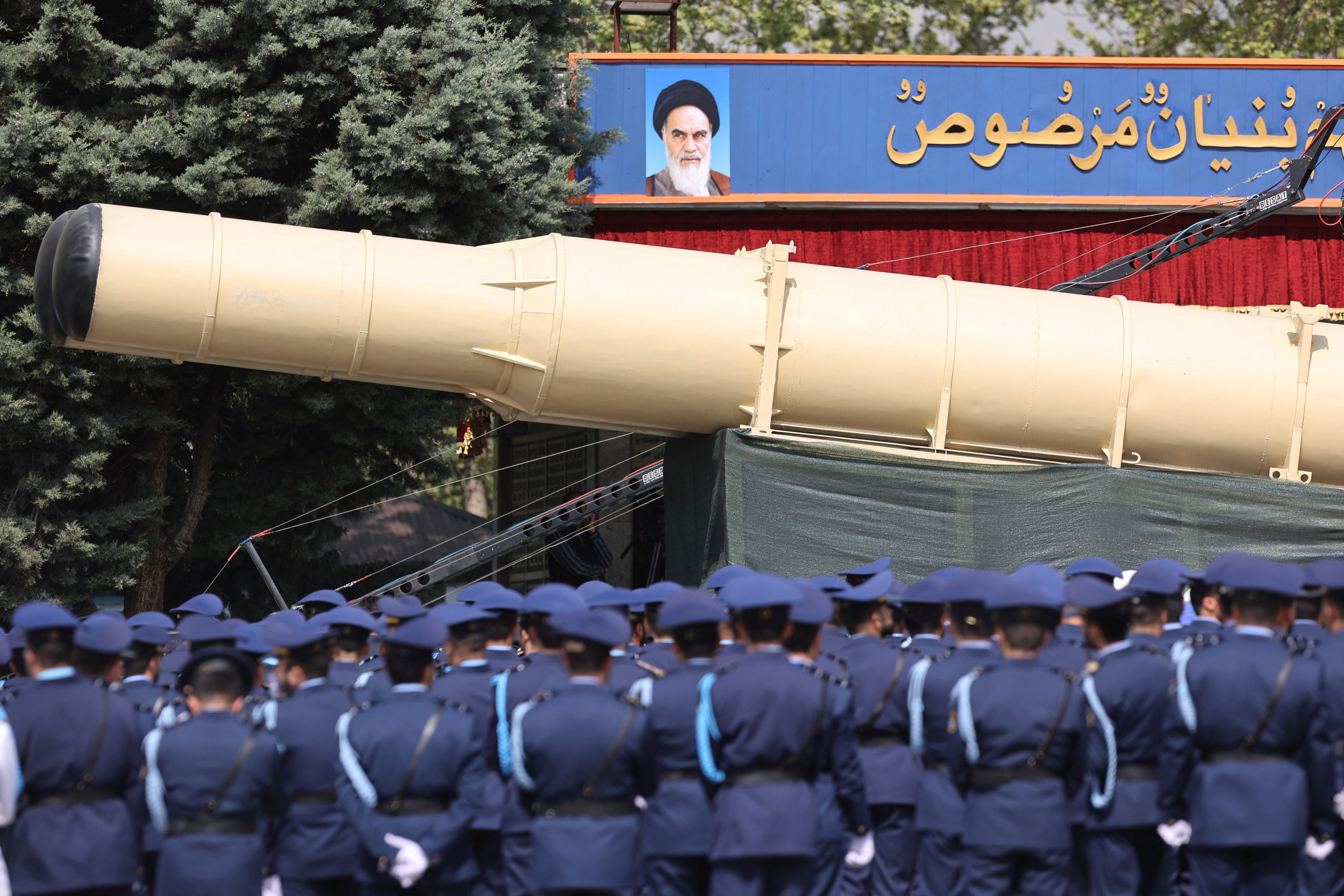How Would Iran Benefit From Exporting Ballistic Missiles To Russia?
A new report suggests that Iran is making preparations to export Fath-360 and Ababil close-range ballistic missiles (CRBMs) to Russia. There have been rumors since Russia's invasion of Ukraine in February 2022 that Iran was gearing up to sell or had already supplied Russia with ballistic missiles. However, these reports have not been confirmed by U.S. or Ukrainian officials, and Iran denies arming Russia.
Benefits and Pitfalls
Analysts are uncertain about the latest report but suggest that if confirmed, it could significantly benefit Russia's war efforts. It could also have both advantages and disadvantages for Iran. By providing ballistic missiles to Russia, Iran could gain valuable insights into the performance of Fath-360 and Ababil in battle.
Strategic Implications
Russia's potential interest in Iranian ballistic missiles could be a move to reduce its reliance on North Korea, thereby maximizing its strategic benefits by playing off Pyongyang and Tehran against each other. This could deepen the Russo-Iranian relationship.

Operational Use
While Iran initially denied arming Russia, it eventually admitted to supplying "a limited number of drones" before the war. Analysts suggest that Iranian drones have technological advantages over Russian ones, but the situation differs with ballistic missiles, where quantity plays a more critical role.
Compliance with Regulations
Reports indicate that Russia may be eyeing Iran's Fateh-110 and Zolfaqar short-range ballistic missiles. However, exporting these missiles would violate the Missile Technology Control Regime (MTCR) range and payload thresholds. On the other hand, Fath-360 and Ababil fall within the MTCR limits, making them viable options for export.
International Ramifications
Supplying ballistic missiles to Russia could complicate Iran's relations with Western nations, especially amid talks to restore the nuclear deal. While UN restrictions on Iran's missile exports have expired, the United States and EU have extended ballistic missile sanctions against Iran, creating additional challenges.

Deepening Cooperation
Despite potential risks, Iran appears keen on expanding its partnership with Russia, moving beyond being a junior partner. The exchange of drones and potential armament cooperation indicate a desire to deepen ties, which could have broader geopolitical implications.
Strategic Calculations
The current geopolitical landscape underscores the complexities and strategic calculations involved in potential ballistic missile exports from Iran to Russia. Navigating international regulations, regional tensions, and bilateral interests will be crucial in determining the outcome of such cooperation.




















